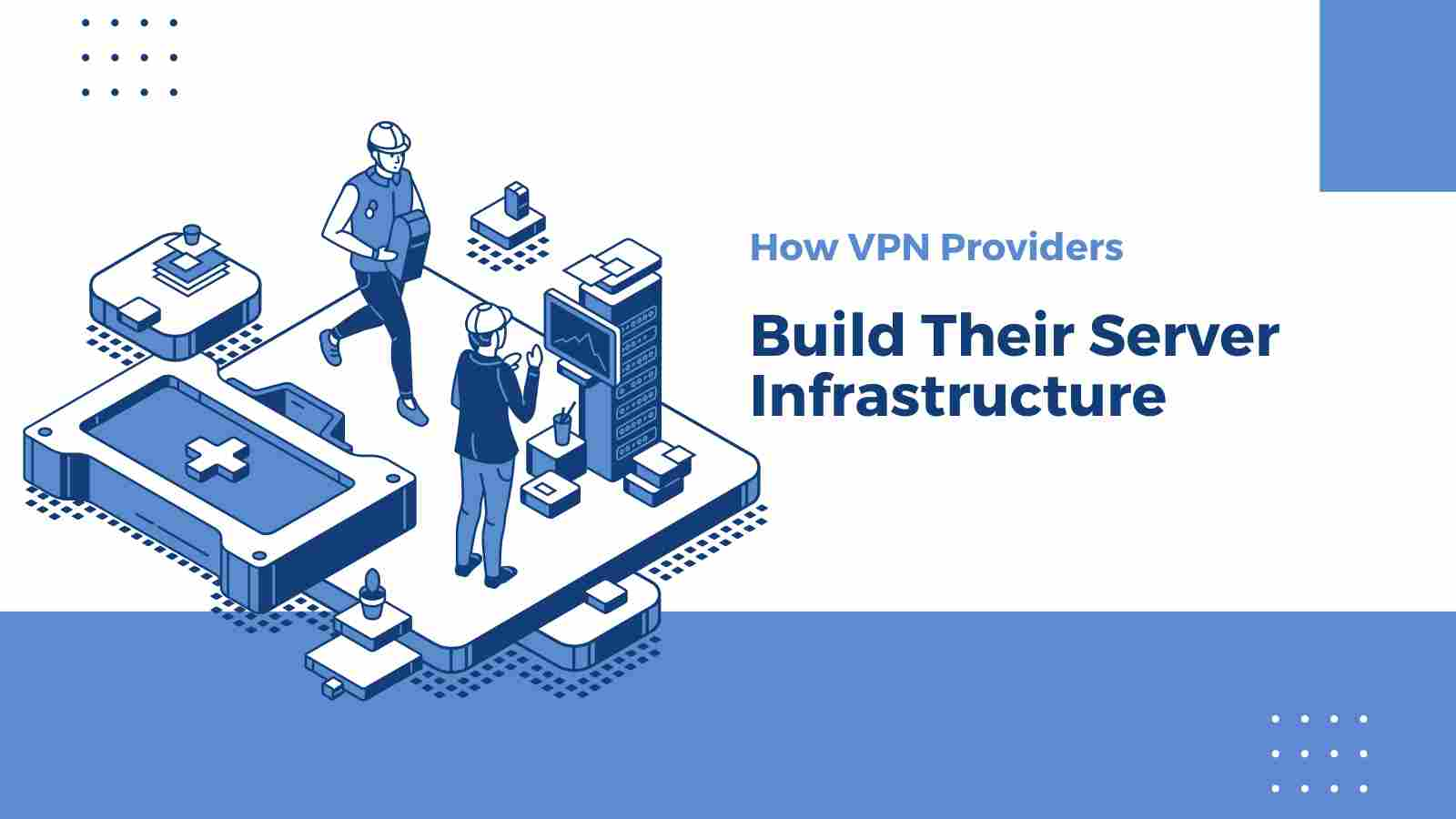Virtual private networks AKA VPNs have become essential for remote work, securing internet connections, and bypassing geo-restrictions. Most users use them on their devices and even as browser extension. You can know more about VPN on Chrome here. However, behind the scenes, VPN providers operate extensive global server networks to deliver fast, reliable, and secure connectivity to millions of users. Constructing this infrastructure requires strategic planning and immense investments.
VPN Providers and Their Server Infrastructure
Select VPN Server Locations
Choosing server locations is arguably the most critical decision when building a VPN network. The optimal locations balance proximity to users, network capacity, legal jurisdiction, and content availability.
Proximity to large user bases reduces latency while improving speeds. Major metro areas with extensive internet backbone infrastructure are ideal. For example, New York, Los Angeles, London, and Singapore see heavy VPN traffic.
However, providers must also account for backbone congestion risks in dense population centers. Less trafficked cities with modern networking can offer faster speeds. Spreading servers across a country bolsters redundancy.
Jurisdiction plays a key role as well. Countries with strong privacy laws like Switzerland shelter users and providers from surveillance demands. Regions with content licensing agreements and fewer censorship rules increase accessibility.
Build and Manage the VPN Server Fleet
Once locations are selected, providers deploy physical server infrastructure. Budget dictates whether they operate their own data centers or lease third-party space. Providers that value control often pursue a hybrid model.
The server fleet must provide ample capacity to handle peak connection loads without compromising performance. Oversizing capacity reduces risks from usage spikes but increases costs. Under-provisioning saves money initially but hurts quality of service.
Utilizing cloud infrastructure brings scalability and flexibility. Cloud-based servers can rapidly scale capacity up or down based on demand. However, cloud resources are not always cost-effective for handling continual high traffic volumes.
Maintaining global server infrastructure demands extensive network management and automation. Providers must monitor health metrics, tune configurations, apply security patches, replace faulty hardware, and upgrade capacity continuously.
Advanced load balancing and failover mechanisms distribute connections across servers. If one system fails, traffic instantly shifts to alternate servers to minimize disruption.
Deliver Carrier-Grade VPN Reliability
Uptime and reliability benchmarks for VPN networks approach telecommunication-grade standards, typically 99.999% availability. This level of resilience requires a fault-tolerant infrastructure.
Large providers operate multiple geographically dispersed data centers connected by dedicated high-speed fiber links. If an entire facility goes offline, automated systems redirect traffic to alternate sites. Inside each data center, critical components like routers, switches, load balancers, and firewalls are clustered for no-downtime hardware upgrades and failure resistance.
On the server level, redundancy is achieved by balancing users across different systems. Containerization facilitates replacing individual servers without service interruptions. Complete monitoring, alerting, and analytics track infrastructure health. Automation handles predictive maintenance while humans focus on design and planning.
Final Thoughts
By using cloud infrastructure and automation, VPN providers can now rapidly scale networks as demand dictates. Cutting-edge server infrastructure propels modern connectivity through VPNs. However, delivering an always-on global service remains an immense undertaking filled with risks and complexity.







